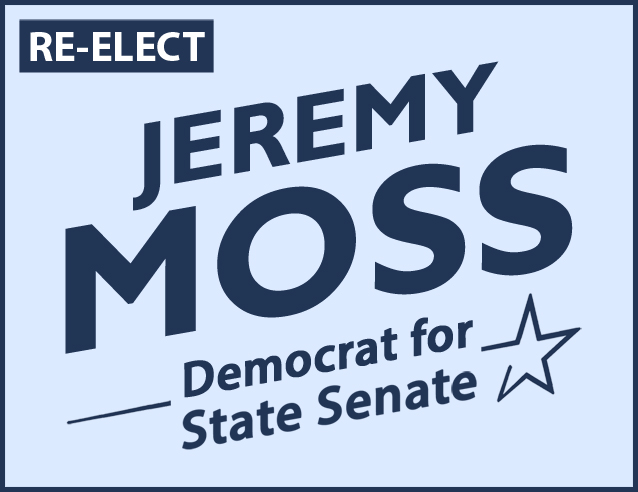Revenue from new or renewed regional enhancement education millages would be shared with charter schools under a bill approved Thursday by the Michigan House despite protestations from Democrats who argued it would siphon future money from traditional public schools.
Republican supporters say the proposal would level the playing field for charters, which are considered alternative public schools under state law and already receive per-pupil state funding. The measure would also allow them receive a portion of property tax revenue from voter-approved millages.
“This is about basic fairness for all students,” said Rep. Tim Kelly, R-Saginaw Township, chairman of the House Education Committee. “Without this law we have deemed that the traditional public schools have exclusive right to the taxpayers’ pocket. That’s not fair to me.”
Democrats argued the taxpayer revenue sent to charters could end up in the pockets of for-profit management companies that run some of the schools instead of in the classroom.
An amendment proposed by Rep. Bill Sowerby, D-Clinton Township, would have prohibited for-profit charters from qualifying for regional enhancement millage funding, only allowing the revenue to be shared with nonprofit charters. It was rejected by the Republican majority.
“This does one thing and one thing only, it steals from our traditional public schools and gives (to) for-profit management companies that oversee and operate charter schools,” said Rep. Kristy Pagan, D-Canton Township.
The proposal narrowly passed the GOP-led House in a 55-52 vote. The Senate approved an earlier version in October but must vote again after the House changes to ensure it would not include current millages already approved by voters — only new ones or renewals.
“The truth is nobody is going to be robbed of anything by the passage of this legislation today,” Kelly said. “It’s addition, not subtraction.”
Kelly criticized Democrats for what he said are the same arguments they make against any state funding for charter schools, telling reporters he’s “tired” of the debate over a 25-year-old law he believes is working for many Michigan students and families.
Democrats noted that charter schools do not have elected school boards like traditional districts and are not governed by the same state oversight rules. They proposed subjecting education management organizations that run some charters to public records requests under the state’s Freedom of Information Act, which applies to traditional public schools.
“We have no ability to track the public tax dollars that they utilize and how they utilize them,” said Rep. Jeremy Moss, D-Southfield.
The legislation could affect potential renewal efforts for existing millages in Wayne, Kent, Kalamazoo, Monroe, Midland and Muskegon counties. The Wayne millage, approved in 2016, raised $77.8 million in revenue last year for traditional public schools, or about $375 per pupil, according to the non-partisan House Fiscal Agency.
Under the bill, revenue from voter-approved millage renewals would be shared with charters and traditional public schools.
“This is a great day for students in Michigan,” Dan Quisenberry, president of the Michigan Association of Public School Academies, said in a statement.
“By approving this legislation, the House is affirming that charter school students should not be treated as second-class citizens by the state any longer.”
